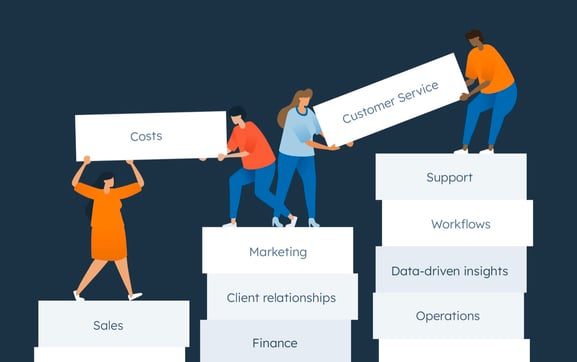Acquiring new ideas and garnering efficiency in the existing knowledge and skills is the key to an effective learning process. According to the experts, informal learning is the ideal way to achieve this end. With the growing dependence on technology, the collaborative aspects in education have gained momentum. The formal training in a traditional classroom set up, where the entire training process is controlled by the trainer is substituted by informal mode. In the later, the knowledge delivery process is initiated as well as controlled by the learners.
There has always been a debate as to which process of training is more effective to attain the best result. Normally, in formal process, goals and objectives are pre defined and hence constricted within limited industry-specific things. On the contrary, in an informal scenario, learners have the freedom to pick up something of his interest and pursue its study through various informal channels.
In case of formal education, study material and structural model of the curriculum set by the trainers or the course co-ordinators. In short, a formal process is conducted within a defined timeline, where learners have to have a specific skill set to attend the training programs. On the successful completion of the training programs, students are rewarded with certificates. Being pre-planned the process of learning is more structured. Corporate organizations with specific set of goals and objectives, arrange such training programs. They follow a clear benchmark in a structured system, against which the performance of the employee is measured.
Unlike the formal process, informal environment never offers a structure or scheduled program. It can be pursued any time, as and when the learners encounter a specific need. Nowadays, informal learning is also well accepted in corporate organizations and academic institutions. Learners can join different discussion forums online and can share their views about different subjects and topics. In this way, the area of knowledge is widened with new scope of training and knowledge emerging out almost every day.
With technology changing and improving at a rapid pace, information available through traditional resources such as books, become obsolete. Over a period of time, peer-to-per interaction comes on the center stage and presently, it has become the preferred mode of education.
Formal learning in is conducted in the organizations through seminars, conferences, training programs, and so on. In most cases, the purpose of formal educational process is to ensure performance improvement of the employees. In addition, it also helps learners’ to increase their employment opportunities.
Social media platforms such as Facebook, Twitter, and LinkedIn coupled with industry specific discussion forums, blogs and groups have offered steadfast platform to conduct informal process of education with ease. As a result, informal learning is being viewed more seriously in recent years.
However, the success of a training program depends on how effectively its goals and objectives are met. Both the process are effective in their own way and can bring best results if used in a right way.





More Stories
English Language Teaching and Learning: Creating a “Smart” Classroom
Science and Technology, IT And Space
Universal Design and Assistive Technology